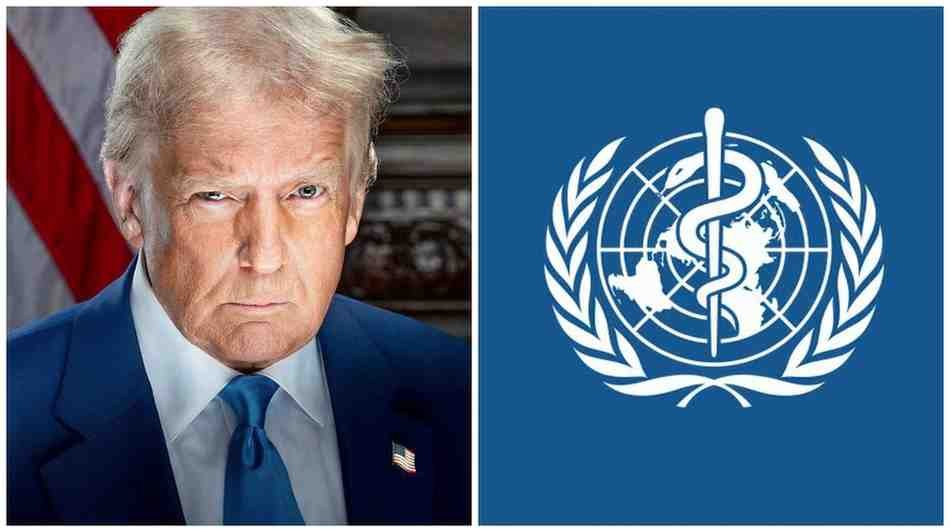President Donald Trump declared on January 20, 2025, that the United States will officially withdraw from the World Health Organization (WHO) due to what he described as the agency’s mishandling of the COVID-19 pandemic and other global health emergencies.
This decision marks a continuation of Trump’s previous criticisms of the WHO, which he accused of being unduly influenced by political pressures from member states, particularly China. During a signing ceremony, Trump expressed his dissatisfaction with the WHO’s operations, stating, “World Health ripped us off, everybody rips off the United States. It’s not going to happen anymore.”
He emphasized that the financial contributions required from the U.S. were disproportionately high compared to those from other large nations, including China.
The announcement indicates that the U.S. will cease its financial support for the WHO, which has historically been the organization’s largest contributor, accounting for approximately 18% of its total funding.
The WHO’s current two-year budget for 2024-2025 stands at $6.8 billion, and the withdrawal will take effect in 12 months, effectively cutting off a significant source of revenue for the agency.
Trump’s decision to exit the WHO is not entirely surprising, as he had previously initiated steps to withdraw from the organization during his first term in office in 2020. At that time, he accused the WHO of facilitating China’s efforts to mislead the global community regarding the origins of the COVID-19 virus.
The President’s stance has been consistent, as he has repeatedly criticized the WHO for its handling of the pandemic and its perceived lack of transparency.
In response to Trump’s allegations, the WHO has firmly denied any wrongdoing, asserting that it has consistently sought to hold China accountable for sharing critical data related to the virus.
The organization has maintained that it is committed to investigating the origins of COVID-19, whether it emerged from animal-to-human transmission or from research activities in a laboratory setting.
The U.S. withdrawal from the WHO raises questions about the future of global health cooperation, particularly in the context of ongoing and emerging health crises. Experts warn that the decision could undermine international efforts to combat pandemics and other health challenges that require coordinated responses across borders.
Critics of the withdrawal argue that the WHO plays a crucial role in coordinating global health initiatives, providing guidance, and facilitating research and information sharing among nations. They contend that the U.S. exit could weaken the organization’s ability to respond effectively to future health emergencies, potentially putting lives at risk.
As the world continues to grapple with the aftermath of the COVID-19 pandemic, the implications of the U.S. withdrawal from the WHO will likely be felt across the global health landscape. The decision could also impact the United States’ relationships with other countries and its standing in international health discussions.
In the wake of the announcement, public health officials and advocates are calling for a reevaluation of the U.S. approach to global health governance. They emphasize the importance of collaboration and solidarity in addressing health challenges that transcend national borders.
As the situation unfolds, the global community will be watching closely to see how the U.S. withdrawal from the WHO will affect international health efforts and the future of global health policy. The decision underscores the ongoing tensions between national interests and the need for collective action in the face of global health threats.








